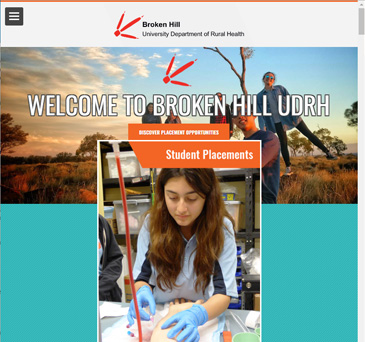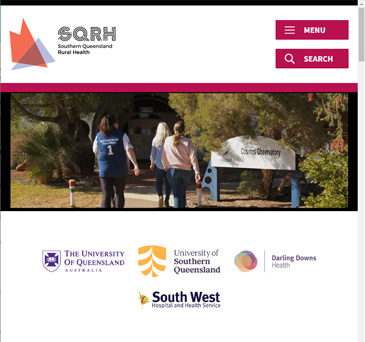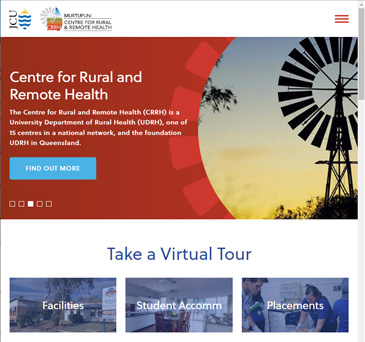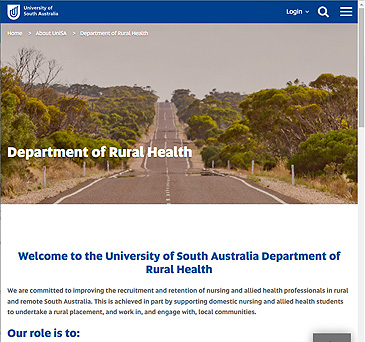Perspectives on the essential skills of healthcare decision making in children and adolescents with intellectual disability
admin2024-07-08T21:23:42+10:00Background Involvement in healthcare decisions is associated with better health outcomes for patients. For children and adolescents with intellectual disability, parents and healthcare professionals need to balance listening to a child’s wishes with the responsibility of keeping them safe. However, there is a scarcity of literature evaluating how to effectively involve them in decision making. In this context, we review the concept of health literacy, focusing on the skills of healthcare decision making for children and adolescents with intellectual disability. Methods We describe the concept of health literacy and models explaining shared decision making (individuals and healthcare professionals collaborate in decision making process) and supported [...]




